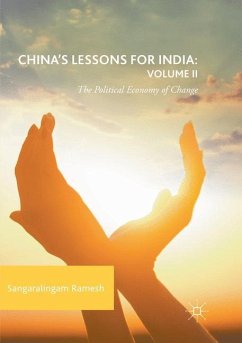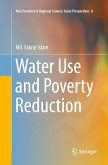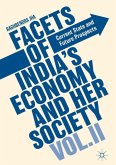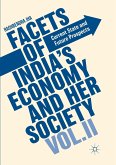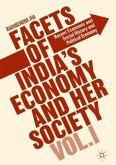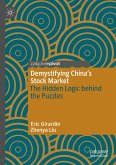This book and its companion volume offer a better understanding of the lessons that Indian policymakers can learn from China's economic experience over the last 40 years. The aim of the two books together is to evaluate China's incremental reforms and how these reforms have impacted on the Chinese economy, based on a classical rather than from a neoclassical perspective using a case study method.
In this second volume, the author examines knowledge creation, knowledge spillovers and entrepreneurship across both China and India. The comparative study places the theoretical analysis of the previous volume in a real-world context of how China's economic reforms since 1978 have actually impacted on the country. Its real-world findings of the Chinese economy present a complete perspective on China's lessons for India as well as at a global context.
In this second volume, the author examines knowledge creation, knowledge spillovers and entrepreneurship across both China and India. The comparative study places the theoretical analysis of the previous volume in a real-world context of how China's economic reforms since 1978 have actually impacted on the country. Its real-world findings of the Chinese economy present a complete perspective on China's lessons for India as well as at a global context.

